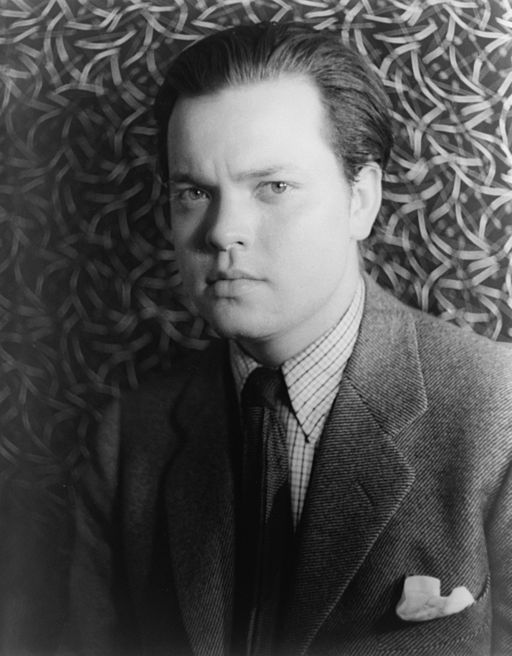
#MartianInvasion
#GroversMillConspiracy
It was late at night and the warm smell of the flame scorching the top of the pumpkin drifted through the air. It was that quiet time when the excitement was over, the roads emptied of cars and trick-or-treaters, and you sat in the darkness with only the grinning gourds staring back at you.
That was when my family would turn on the radio to hear our local station’s annual rebroadcast of The War of the Worlds. I would pull out a treat (or two) from my bag and listen to the crackling airwaves and the music drifting from the Meridian Room in the Hotel Park Plaza.
As a child, I didn’t really comprehend the entire plot. I only knew it was an eerie tradition that held in me rapt attention. It wasn’t until I got older that I began to appreciate the intensity and creativity of Orson Welles masterful reworking of H.G. Wells classic novel. When we began studying it in a college broadcast class, I was surprised to find most of my classmates were not familiar with it. To them, it was something from antiquity they’d only heard about in passing.

One Halloween, a few years after the 9/11 attacks in 2001, I listened to it again. I expected it to bring back fond memories… the sweet smell of dried leaves as I hesitantly approached a lit porch covered with fake spider webs. Instead, I listened in much the same way many people did during its original airing on October 30, 1938. I was alarmed at a program I’d heard dozens of times. The broadcast hadn’t changed… I had. To my ears, the aliens were no longer invaders from Mars, but a euphemism for anyone intent on creating terror and panic in America.
The locations mentioned were disturbing. The alien machine was “half buried in a vast pit” that reminded me of another pit I knew all too well. Chills ran down my spine as I listened to the announcer say:
I’m speaking from the roof of the Broadcasting Building, New York City. The bells you hear are ringing to warn the people to evacuate the city as the Martians approach. Estimated in last two hours three million people have moved out along the roads to the north, Hutchison River Parkway still kept open for motor traffic. Avoid bridges to Long Island . . . hopelessly jammed. All communication with Jersey shore closed ten minutes ago. No more defenses. Our army wiped out . . . artillery, air force, everything wiped out. This may be the last broadcast. We’ll stay here to the end. People are holding service below us in the cathedral.
Followed by a hauntingly familiar play-by-play:
…Smoke comes out . . . black smoke, drifting over the city. People in the streets see it now. They’re running towards the East River . . . thousands of them, dropping in like rats. Now the smoke’s spreading faster. It’s reached Times Square. People trying to run away from it, but it’s no use. They’re falling like flies. Now the smoke’s crossing Sixth Avenue . . . Fifth Avenue . . . one hundred yards away . . . it’s fifty feet . . .
It no longer seemed to be a make-believe story about an attack from outer space. Instead it sounded like a prophetic warning about an event that would happen over sixty years later. Of course it wasn’t Martians that changed our word on 9/11, but terror did come from the skies in the form of giant metal machines.

With their daily news filled with horror stories coming out of Europe, and the world teetering on the brink of war, was it any wonder that some listeners in 1938 didn’t think someone simply got the whole “alien” thing wrong and we were, in reality, being invaded by some foreign power — like Germany? While the Munich Agreement had recently been signed, a United Press story on October 14th saw the former chairman of the War Industries Board, Bernard Baruch, calling for steps to strengthen America’s land forces. He decried the events in Munich a “humiliating peace” imposed by Hitler. After meeting with President Roosevelt he said, “Our country… is in a very desperate condition for national defense;” a fact he said was known to everyone except the American people. The next national defense budget was going to provide larger appropriations for the army, in large measure due to a Munich Agreement that had the opposite effect than putting to rest the fear of war. If the American people hadn’t known how unprepared they were to fight a foe, they knew then.
How many of us nowadays, when hearing breaking news reports of a tragedy or some impending doom, are skeptical of the details and the sources? How many of us will believe the validity of an event only after we’ve heard it on that one television channel or website that we trust? With all our advances in technology and a 24/7 news cycle, are we ever really sure what is happening even a few miles from home?
The uncomfortable prognostication of The War of the Worlds is sandwiched between equally uncanny revelations. At the beginning, Welles narration states:
Yet across an immense ethereal gulf, minds that to our minds as ours are to the beasts in the jungle — intellects vast, cool and unsympathetic, regarded this earth with envious eyes and slowly and surely drew their plans against us.
At the end, the Professor Pierson tells us:
It may be that the destruction of the Martians is only a reprieve. To them, and not to us, is the future ordained perhaps.
Who now regards this country with envious eyes, and is slowly and surely drawing their plans against us? Is the threat not from some extraterrestrial force or foreign power — but from within? Do we know for whom the future is ordained?
A Martian invasion doesn’t feel that far-fetched anymore. Beyond man’s inhumanity to man and the world inching closer to nuclear war, in a few short years we’ve witnessed events that have shocked our psyche: earthquakes that tilted the earth’s axis and raised the sea floor; the deadliest tsunami in recorded history; a devastating nuclear disaster for which the world was woefully unprepared; and a city brought to its knees by a meteor — a random event that allows for no rehearsal.
In these anxious days, The War of the Worlds can still be listened to with as much trepidation as when it first aired; perhaps more so. It will forever serve as a watershed case exposing the influence of mass communication. Those confused souls who panicked decades ago were no more vulnerable than the technologically sophisticated peopleof today. Despite repeated warnings that the work was a dramatization, one can envision Twitchy reporting huge numbers of #MartianInvasion and #GroversMillConspiracy.
Or perhaps it has, like Welles said, “no further significance than as the holiday offering it was intended to be.” You be the judge.
Published in: http://www.americanthinker.com/2013/10/a_nightmare_in_october.html#ixzz2js9pXr7x Follow us: @AmericanThinker on Twitter | AmericanThinker on Facebook

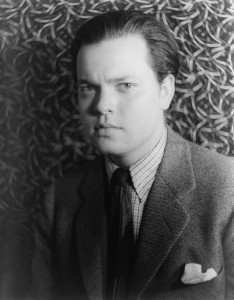
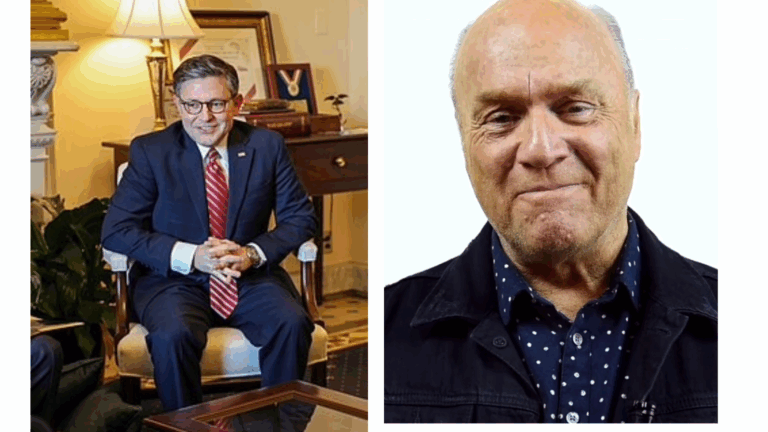



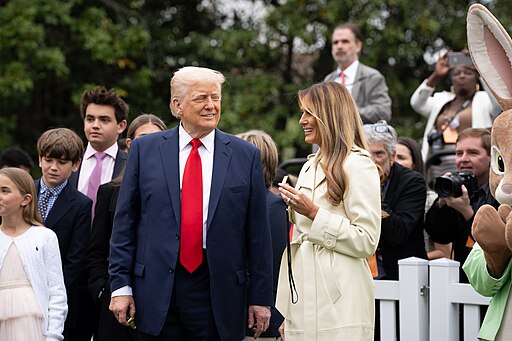
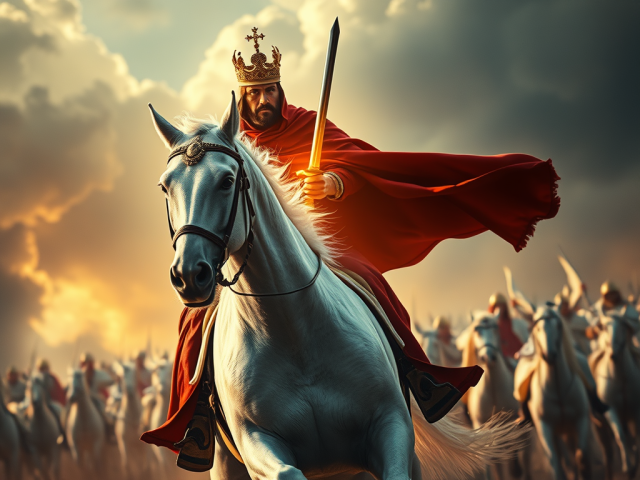
Dear Susan Harris,
Midway through your absorbing essay “A Nightmare in October,” I was surprised and delighted by the conjunction of our thoughts regarding H. G. Wells’ The War of the Worlds in relation to Islamic jihad.
In a serial essay on the German historian Oswald Spengler for The Brussels Journal several years ago, I wrote that “the danger signs were already clear to Spengler in 1933 when he remarked on the penetration of the Islamic drive in Africa ‘as far as the Zambesi in Nyassaland. Where a Christian school stood yesterday, a mosque stands tomorrow . . . and the Christian priest is suspected above all because he represents a white ruling race, against which Mohammedan propaganda, political rather than dogmatic, directs itself with cool decision.’ A similar jihadist drive persists to this day, only this time directed ‘with cool decision’ on a planetary scale. Like other passages in The Hour of Decision, this thumb-nail sketch of an alien and hostile intelligence has even greater force now than it did in its time, yet it also catches a mood of anxiety that was in the air at the turn of the century and eerily recalls the penultimate line in the opening paragraph of H. G. Wells’ The War of the Worlds: ‘Yet across the gulf of space . . . intellects vast and cool and unsympathetic, regarded this earth with envious eyes, and slowly and surely drew their plans against us.'”
In my experience, it is rare to find discussions of literary classics in political commentary, which made me appreciate all the more your personal account and your sensitivity to Wells in light of modern history.
Sincerely,
Steve Kogan
Mr. Kogan,
I am looking forward to finishing your series of essays on Oswald Spengler. I admit I had heard of his his books, but was not familiar with him in any detail. It is absolutely fascinating stuff!
I see you were an English professor for many years. I am reminded of my college newspaper adviser, Mr. Moody, who earned his Masters degree in English from Bowling Green. “I want you to write an article on the recent death of (a beloved college professor) and the Pan Am 103 tragedy,” he said. “But the two aren’t related, how can I do that?” I asked. “You’ll find a way,” he answered and walked out the door. After much head-scratching, I produced the finest article of my college days. It was one of the greatest learning experiences of my life. Something tells me you had the same influence on your students. On behalf of Mr. Moody, who has now lost all memory to that great beast – dementia, I thank you for taking the time to comment –and for your dedication to the world of academics.
I believe an article should not just consist of stilted words. It should reflect the stream of consciousness that actually happens when we THINK. We are reminded of an old book we read; a movie, a television or radio show, a poem or song…or something our mother told us when we were young. We then have an emotional reaction to each of those things. It is my goal to ‘bottle’ all of these in the course of one article. At least that is my objective when I sit down to write.
Angels and ministers of grace defend us! You’ve even worked Hamlet’s ghost into your essay! I feel like a child wallowing in a pan of warm fudge! Thank you for introducing me to The Brussels Journal (The Voice of Conservatism in Europe) – and your own fantastic writing!
I will say I am much more Russell Kirk than Oswald Spengler however. I think Spengler said, “Christian theology is the grandmother of Bolshevism.” In the North country, we’d say that is about as agreeable as woolen underwear. 😉
I found this comment particularly interesting below Mr. Kogan’s article in The Brussels Journal:
…in 1933 when he remarked on the “great success” of the Islamic drive to supplant “the Christian missionary” in Africa, “penetrating in these days as far as the Zambesi in Nyassaland. Where a Christian school stood yesterday, a mosque stands tomorrow . . .
And where are the Mosque’s, today? In the former shadow of WTC, or at least it may soon come to pass. And in France, a partially occupied country, the political debate turns on Islamic fashion, and what can or cannot be worn! Neither must we think about civil discord in Moscow, for to do so might raise some uncomfortable facts, and who has time for it now that we can all rest comfortably knowing START is to be ratified? After all, why be concerned about some unruly sports fans; and who can really say why sales of aluminum baseball bats, but not baseballs, have risen in Moscow?
When passing blame over the Islamification of the West, can one absolve the liberal Christians who, in their universalism, embrace the very thing that seeks to destroy them, or the strain of liberal Judaisim supporting multiculturalism, an idea that will tear apart the one group that can be counted upon to support them against an enemy intent upon their destruction?
FOR FURTHER READING:
http://www.brusselsjournal.com/node/4622